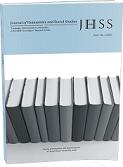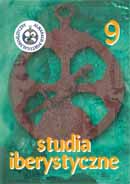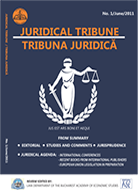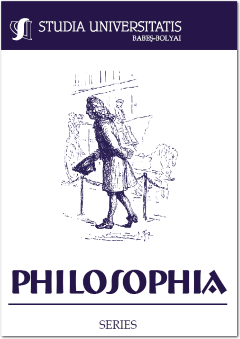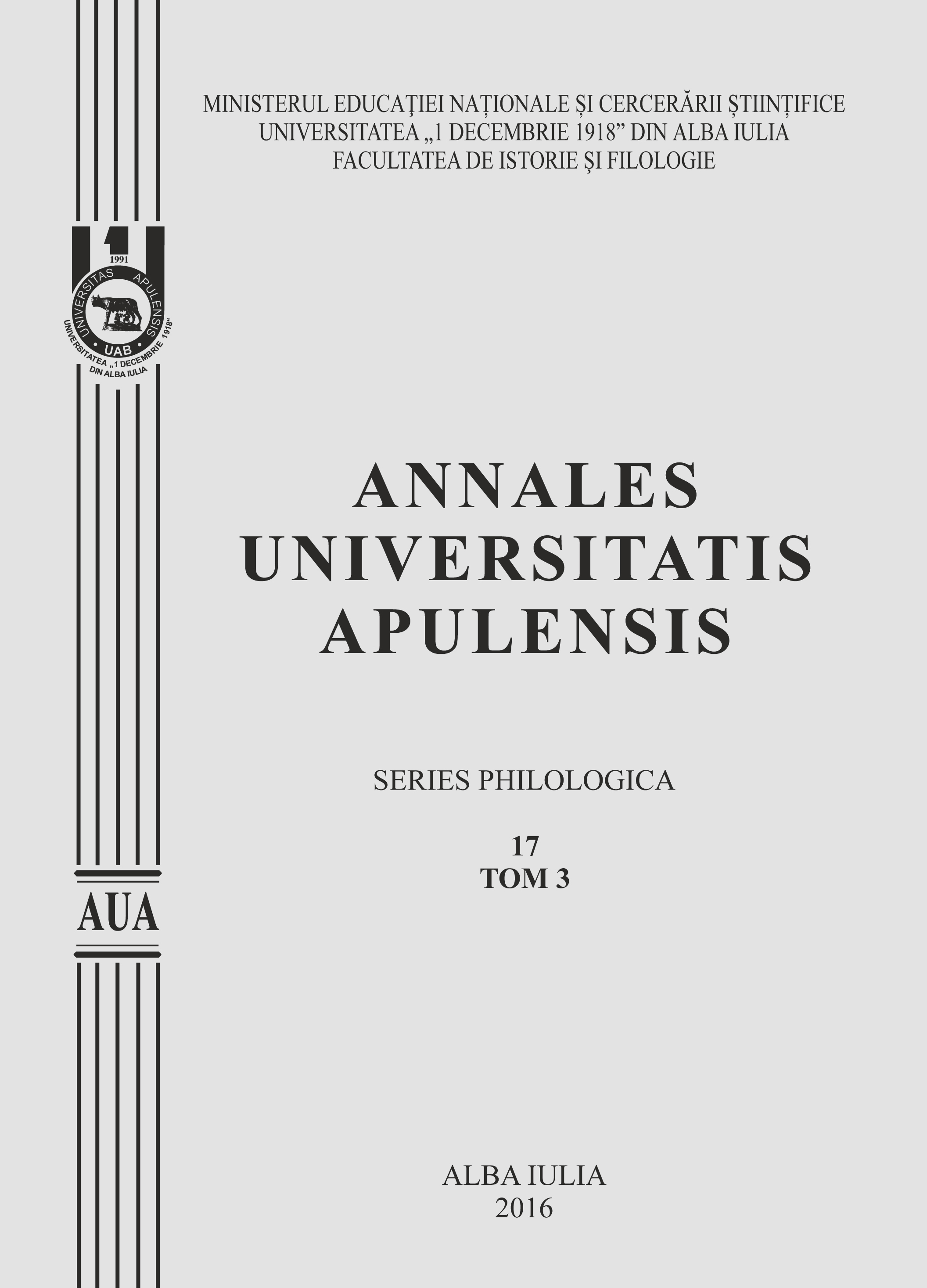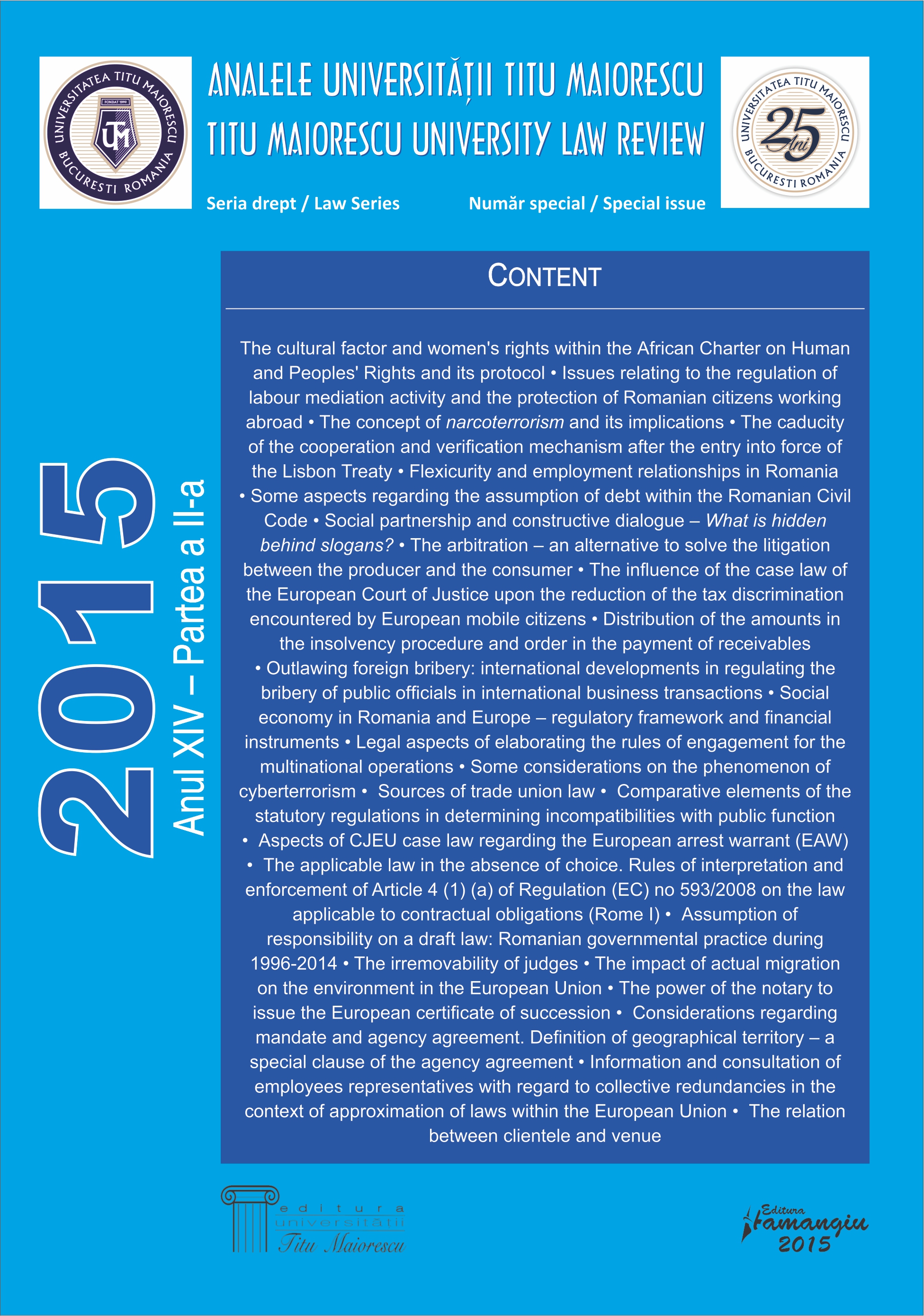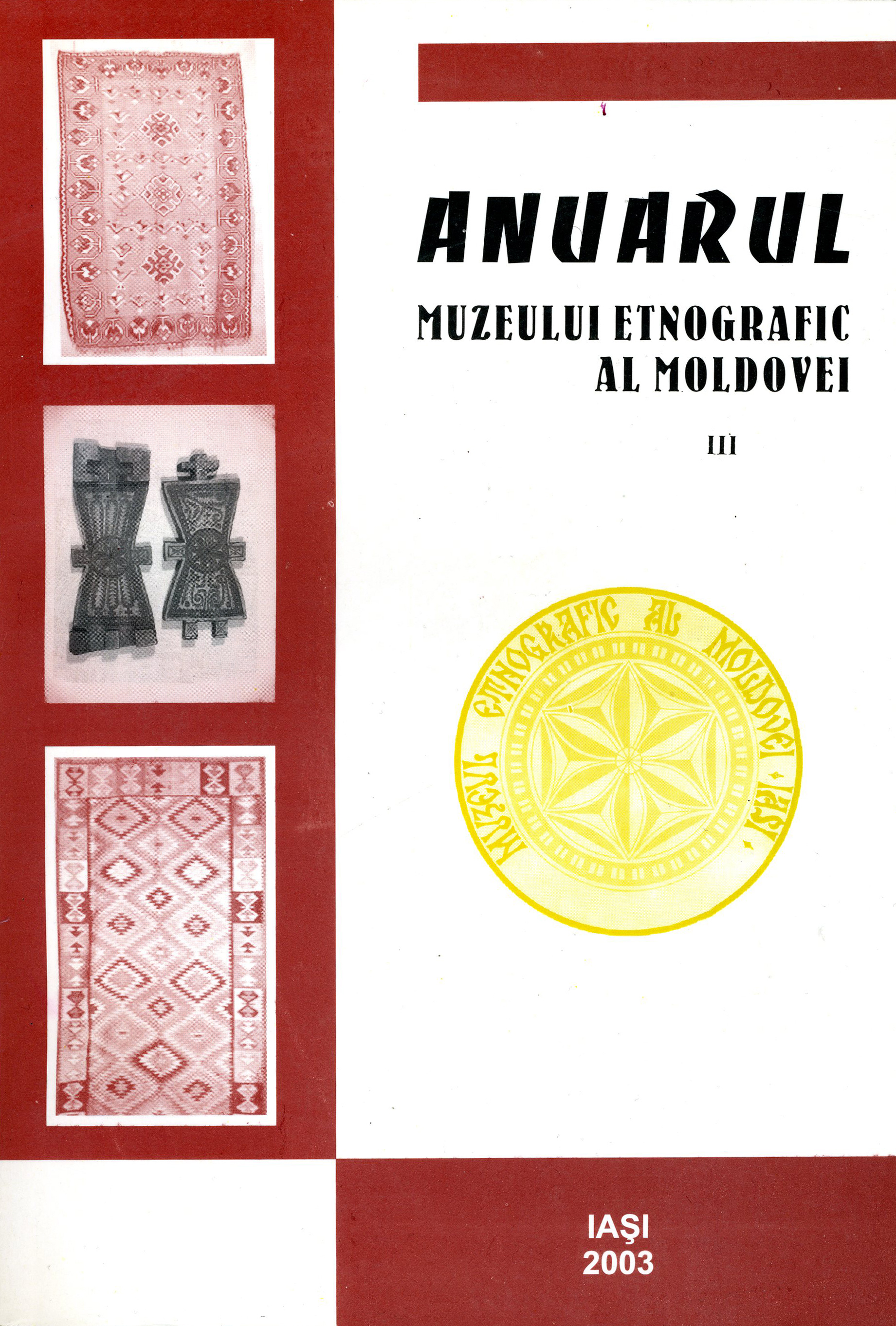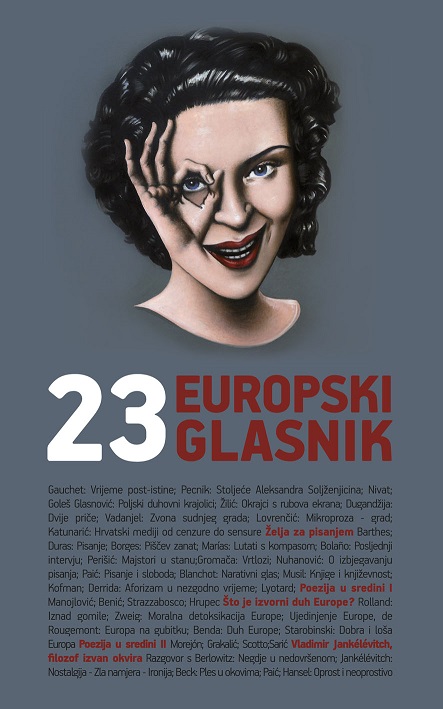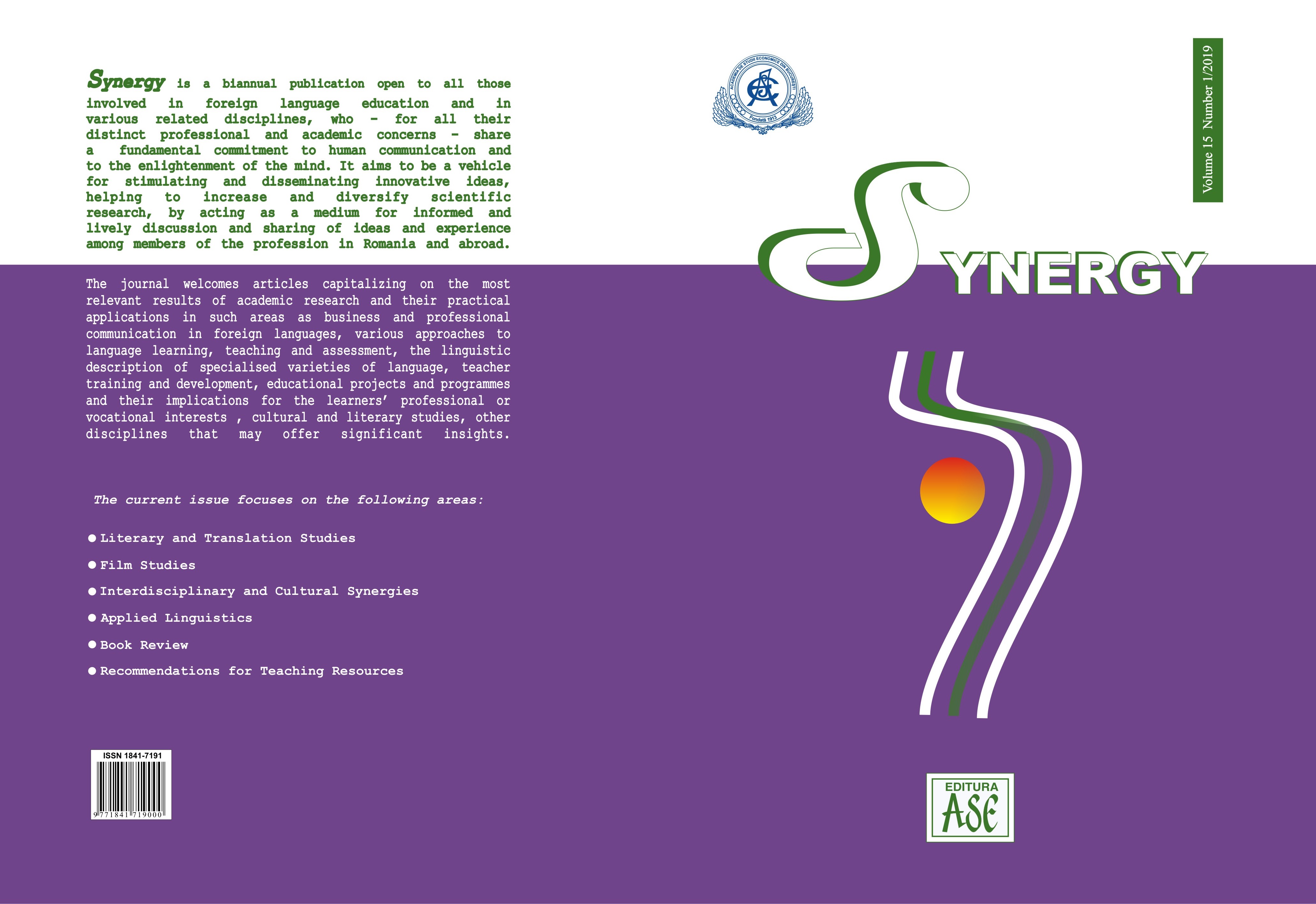Family Therapy Based on Hugh Jenkins’ Method With a Juvenile Delinquent and His Family
Family Therapy Based on Hugh Jenkins’ Method With a Juvenile Delinquent and His Family
Keywords: family therapy; juvenile delinquency; Jenkins’ method
This case study is based on Hugh Jenkins’ method regarding the ‘family therapy without the family’. The aim of the study is to present the family therapy process in case of a juvenile delinquent and his family. Behind the youngster I’ve found healthy family and the boy continued to study, to exercise and to visit the library even during his incarceration The purpose of the therapy was to re-building the parental sub-system of the family, to help the parents to mourn the situation, and to help to change their self-blaming attitude with open communication – all these to help finally the come back of the incarcerated juvenile within his family. The therapy took place in parallel, inside and outside the prison. Problems in discussions during each session were carefully closed within the sessions, i.e. there were no problem transfer between the sessions and parents met the incarcerated boy only during the period of prison visits. Within the therapy I’ve used many dramatic instruments, accentuated the role of symbols and also used the methods of sculpture development, genogram, symbolic gift, family scheme, etc., and different scales. Results indicated that the juvenile delinquent will get a place within the re-structured, healthier family after his get-out.
More...
